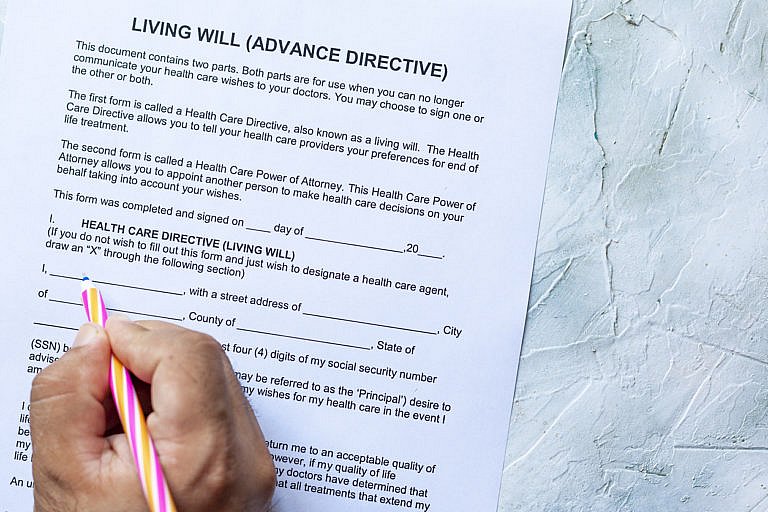Advance directives might sound like something you only need later in life. But the truth is, they’re an important part of any adult’s planning. These documents give you control over your medical decisions, even when you’re not in a position to speak for yourself. They also take pressure off your loved ones, who might otherwise be left guessing. In Massachusetts, advance directives can be simple to put in place, and they can make a significant difference during a difficult time.
Here are six key facts that can help you understand what advance directives do and how they fit into your long-term care planning.
1. Advance Directives Include More Than One Document
An advance directive isn’t just a single form. In Massachusetts, it usually refers to a combination of documents that work together to reflect your medical wishes. These may include:
- A Health Care Proxy, which names someone to make medical decisions for you
- A Living Will, which shares your wishes about end-of-life care
- A MOLST (Medical Orders for Life-Sustaining Treatment) form, typically for individuals with serious illnesses or advanced age
Each of these plays a slightly different role, and together they provide a fuller picture of what you want if you’re ever unable to speak for yourself.
2. Health Care Proxies Are Legally Recognized in Massachusetts
The Health Care Proxy is the primary legally binding document in an advance directive. It allows you to choose someone you trust—called your health care agent—to make medical decisions on your behalf if you can’t. This only takes effect if a doctor determines that you’re unable to make decisions for yourself.
Choosing the right agent matters. You’ll want someone who understands your values and can advocate for your wishes under pressure. We help clients think through these choices and ensure their documents are properly signed and witnessed.
3. A Living Will Can Still Be Helpful, Even If It Isn’t Binding
Massachusetts doesn’t officially recognize Living Wills as legal documents, but that doesn’t mean they don’t serve a purpose. A Living Will can still be used as a guide for your health care agent and care team.
It can help express your preferences about:
- Artificial life support
- Resuscitation efforts
- Pain management
- Other forms of treatment near the end of life
Even if your agent ultimately makes the decision, this document helps them do so with clarity and confidence.
4. You Can Update or Change Your Advance Directives at Any Time
Your wishes can change over time, and your advance directive can, too. You’re allowed to revise or revoke your Health Care Proxy and Living Will whenever you like, as long as you’re mentally capable of doing so.
You might want to make changes if:
- You get married or divorced
- Your health changes significantly
- Your relationship with your current agent shifts
- You’ve simply changed your mind
We recommend reviewing these documents every few years to make sure they still reflect your values.
5. Advance Directives Are Not Just for Seniors
Serious accidents and illnesses don’t only happen later in life. Once you turn 18, no one, not even your parents, can automatically make medical decisions for you without legal authority.
Advance directives are especially important for:
- College students and young adults living away from home
- Adults undergoing surgery or medical treatment
- Anyone with a chronic health condition
Creating these documents early helps ensure that the right person can step in if needed.
6. Not Wanting Your Life Prolonged Artificially Doesn’t Mean You Won’t Receive Palliative Care
Some people hesitate to complete a Living Will because they’re afraid that saying no to certain treatments means they’ll be left to suffer. That’s not the case.
Declining interventions like ventilators or feeding tubes doesn’t mean giving up on care altogether. You can still receive:
- Pain relief
- Emotional and spiritual support
- Help with breathing, comfort, and dignity
This is what palliative care is all about: ensuring you’re supported and comfortable, even if curative treatment is no longer effective or desired.
Contact Our Experienced Southeastern MA Advance Directives Attorneys
Advance directives help you protect your voice, ease the burden on your loved ones, and maintain your dignity no matter what the future holds. At Surprenant, Beneski & Nunes, P.C., we’ll help you create a clear, complete plan that reflects your values and gives your family peace of mind. If you’re ready to get started, contact us today. We’re here to guide you every step of the way.

